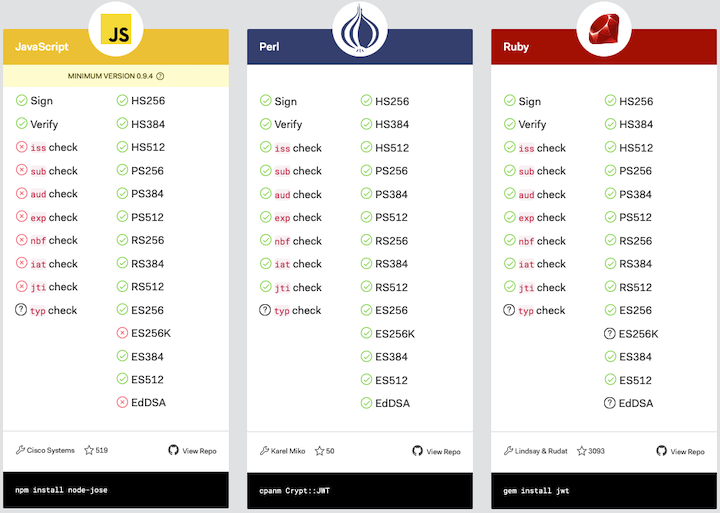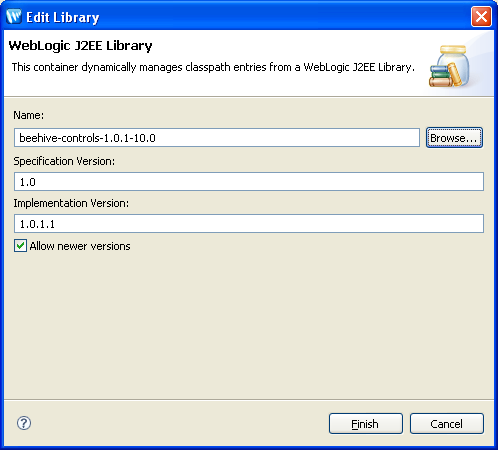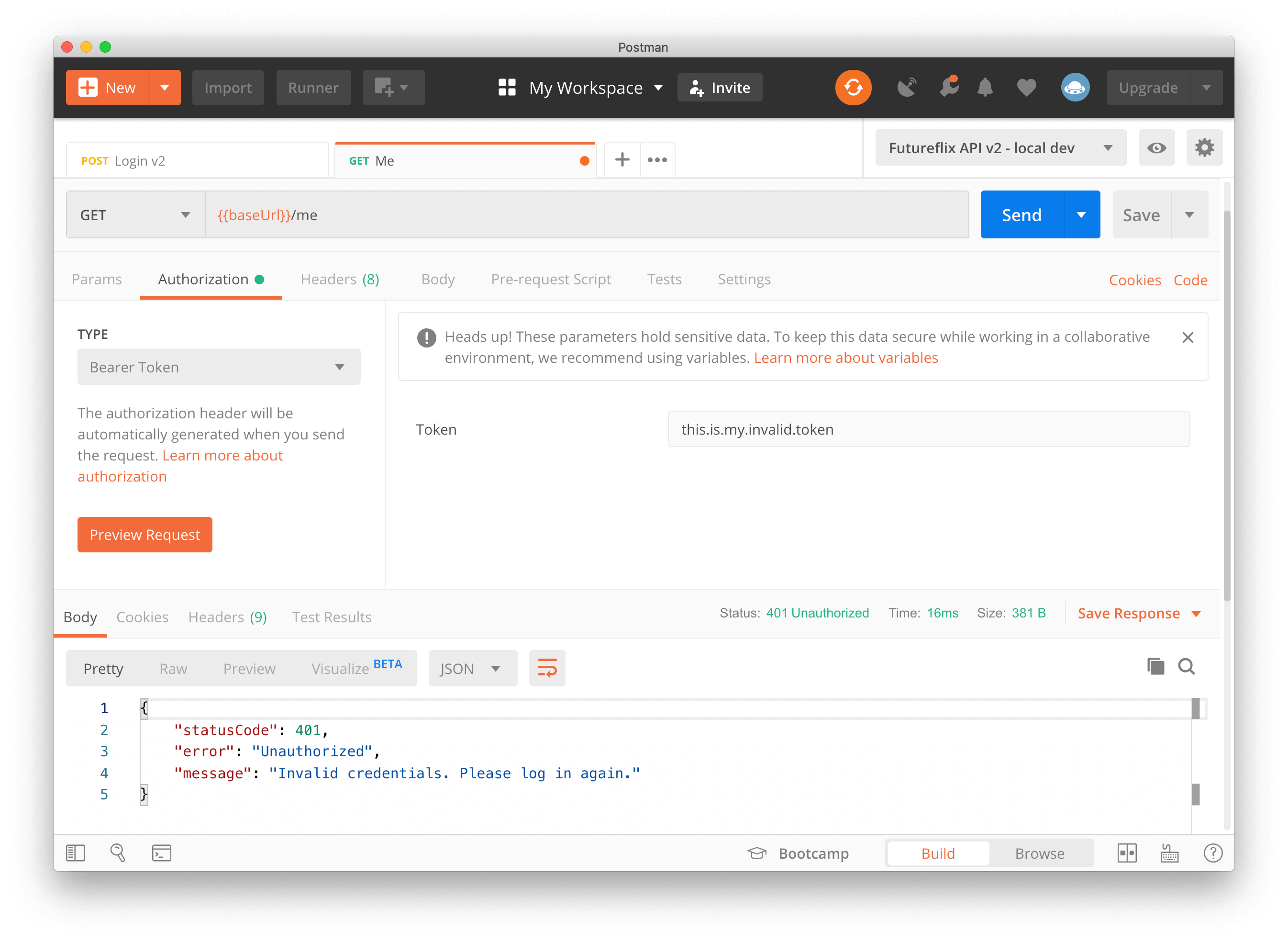

Rather than writing your own code to perform these verification steps, we strongly Verify that the ID token has an hd claim that matches your G

Before each submission, we generate a token. When you submitĬredentials to your login endpoint, we use the double-submit-cookie pattern Verify the Cross-Site Request Forgery (CSRF) token. The following is an example in the Python language that shows the usual steps Request, with the parameter name credential, to your login endpoint. provided algorithm is unsupported OR // provided key is invalid OR // unknown error thrown in openSSL or libsodium OR // libsodium is required but not available.After Google returns an ID token, it's submitted by an HTTP POST method provided key/key-array is empty or malformed. $decoded = JWT:: decode( $payload, $keys) Use Firebase\ JWT\ SignatureInvalidException When a call to JWT::decode is invalid, it will throw one of the following exceptions:

$jwt = 'eyJhbGci.' // Some JWT signed by a key from the $jwkUri above $decoded = JWT:: decode( $jwt, $keySet) Miscellaneous Exception Handling Null, // $expiresAfter int seconds to set the JWKS to expire true // $rateLimit true to enable rate limit of 10 RPS on lookup of invalid keys Create a cache item pool (can be any PSR-6 compatible cache item pool) $cacheItemPool = Phpfastcache\ CacheManager:: getInstance( 'files') Create an HTTP request factory (can be any PSR-17 compatible HTTP request factory) $httpFactory = new GuzzleHttp\ Psr\ HttpFactory() Create an HTTP client (can be any PSR-7 compatible HTTP client) $httpClient = new GuzzleHttp\ Client() The URI for the JWKS you wish to cache the results from $jwksUri = ''

$decoded = JWT:: decode( $jwt, new Key( $publicKey, 'RS256')) Įcho " Decode:\n". $jwt = JWT:: encode( $payload, $privateKey, 'RS256') Įcho " Encode:\n". If this is something you still want to do in your application for whatever reason, it's possible toĭecode the header values manually simply by calling json_decode and base64_decode on the JWT This is because without verifying the JWT, the header values could have been tampered with.Īny value pulled from an unverified header should be treated as if it could be any string sent in from anĪttacker. * * Source: */ JWT:: $leeway = 60 // $leeway in seconds $decoded = JWT:: decode( $jwt, new Key( $key, 'HS256')) Example encode/decode headersĭecoding the JWT headers without verifying the JWT first is NOT recommended, and is not supported by It is recommended that this leeway should * not be bigger than a few minutes. ** * You can add a leeway to account for when there is a clock skew times between * the signing and verifying servers. To get an associative array, you will need to cast it as such: */ $decoded_array = ( array) $decoded * NOTE: This will now be an object instead of an associative array. Pass a stdClass in as the third parameter to get the decoded header values $decoded = JWT:: decode( $jwt, new Key( $key, 'HS256'), $headers = new stdClass()) $decoded = JWT:: decode( $jwt, new Key( $key, 'HS256')) See * * for a list of spec-compliant algorithms. ** * IMPORTANT: * You must specify supported algorithms for your application.


 0 kommentar(er)
0 kommentar(er)
